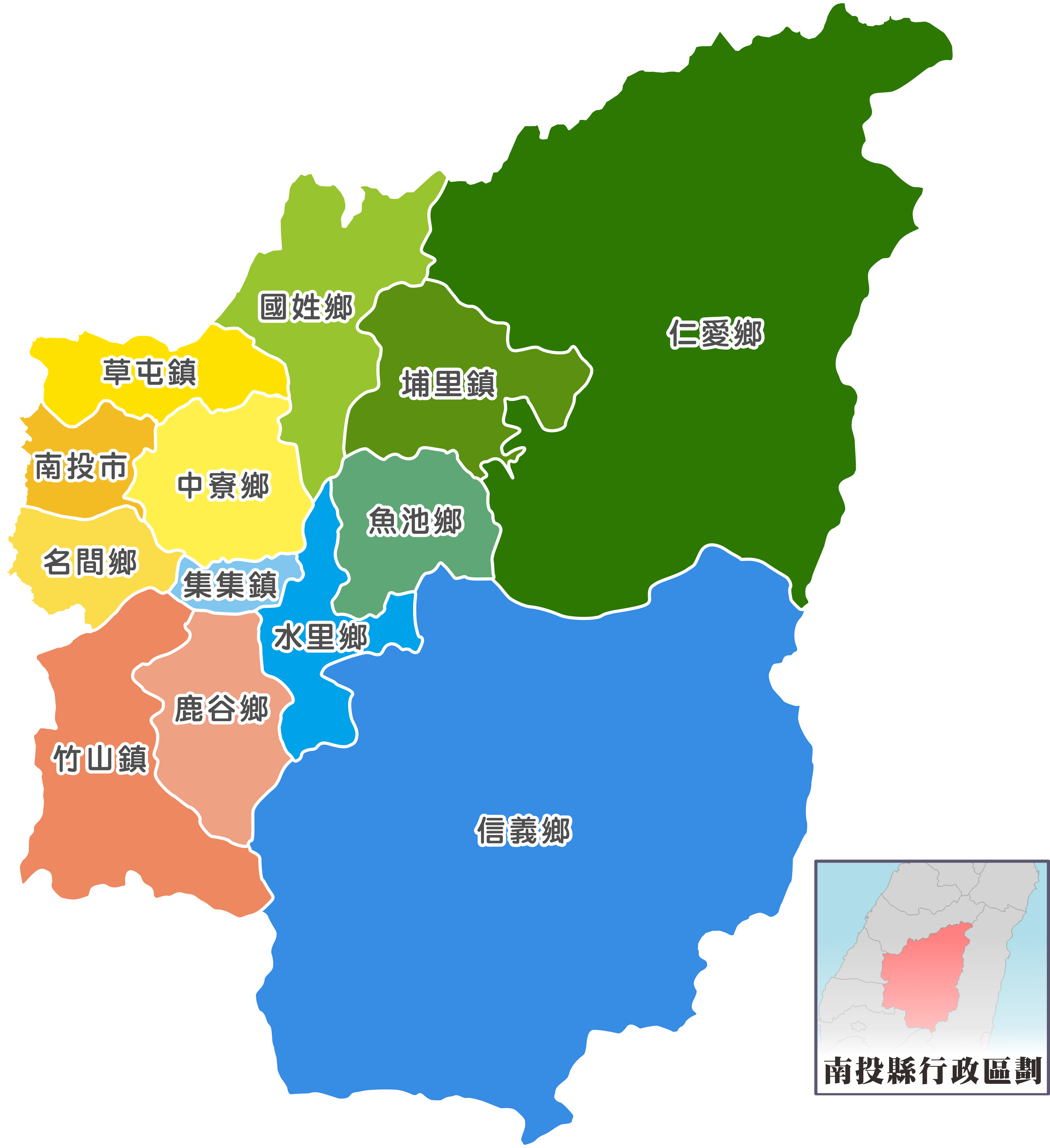|
Tsai Ling-yi
Tsai Ling-yi (; born 6 November 1952) was the Second Lady of the Republic of China from 2012 to 2016. She is the wife of Wu Den-yih, the former Vice President of the Republic of China. Born as Tsai Ying-tao (蔡櫻桃) in a fishing village in Yilan County, Tsai married Wu Den-yih in 1970, and has four children. She helped her husband's constituency service in Nantou County when he was a Member of the Legislative Yuan, and also actively participated in political campaigns of Wu Den-yih and Kuomintang The Kuomintang (KMT), also referred to as the Guomindang (GMD), the Nationalist Party of China (NPC) or the Chinese Nationalist Party (CNP), is a major political party in the Republic of China, initially on the Chinese mainland and in Tai .... References 1952 births Living people Second ladies of the Republic of China Politicians of the Republic of China on Taiwan from Yilan County, Taiwan {{Taiwan-bio-stub ... [...More Info...] [...Related Items...] OR: [Wikipedia] [Google] [Baidu] |
Cai (surname)
Cài () is a Chinese-language surname that derives from the name of the ancient Cai state. In 2019 it was the 38th most common surname in China, but the 9th most common in Taiwan (as of 2018), where it is usually romanized as "Tsai" (based on Wade-Giles romanization of Standard Mandarin), "Tsay", or "Chai" and the 8th most common in Singapore, where it is usually romanized as "Chua", which is based on its Teochew and Hokkien pronunciation. Koreans use Chinese-derived family names and in Korean, Cai is 채 in Hangul, "Chae" in Revised Romanization, It is also a common name in Hong Kong where it is romanized as "Choy", "Choi" or "Tsoi". In Macau, it is spelled as "Choi". In Malaysia, it is romanized as "Choi" from the Cantonese pronunciation, and "Chua" or "Chuah" from the Hokkien or Teochew pronunciation. It is romanized in the Philippines as "Chua" or "Chuah", and in Thailand as "Chuo" (ฉั่ว). Moreover, it is also romanized in Cambodia as either "Chhay" or "Chhor" amon ... [...More Info...] [...Related Items...] OR: [Wikipedia] [Google] [Baidu] |
Ifeng
Phoenix Television is a majority state-owned television network that offers Mandarin and Cantonese-language channels that serve mainland China, Hong Kong, Macau and other markets with substantial Chinese-language viewers. It is operated by Phoenix Satellite Television Holdings Ltd, a television broadcaster with headquarters in Mainland China and Hong Kong. It is also registered in Cayman Islands. The CEO and founder of Phoenix TV, Liu Changle (), was an officer and political instructor in the People's Liberation Army in its 40th Group Army. He later became a journalist for the Chinese Communist Party-controlled China National Radio after the Cultural Revolution and remains well-connected to the Party's leadership. Liu is a standing member of the National Committee of the Chinese People's Political Consultative Conference. Phoenix Television calls itself a Hong Kong media outlet but holds a non-domestic television programme services license in Hong Kong. Most of the company' ... [...More Info...] [...Related Items...] OR: [Wikipedia] [Google] [Baidu] |
Living People
Related categories * :Year of birth missing (living people) / :Year of birth unknown * :Date of birth missing (living people) / :Date of birth unknown * :Place of birth missing (living people) / :Place of birth unknown * :Year of death missing / :Year of death unknown * :Date of death missing / :Date of death unknown * :Place of death missing / :Place of death unknown * :Missing middle or first names See also * :Dead people * :Template:L, which generates this category or death years, and birth year and sort keys. : {{DEFAULTSORT:Living people 21st-century people People by status ... [...More Info...] [...Related Items...] OR: [Wikipedia] [Google] [Baidu] |
1952 Births
Year 195 ( CXCV) was a common year starting on Wednesday (link will display the full calendar) of the Julian calendar. At the time, it was known as the Year of the Consulship of Scrapula and Clemens (or, less frequently, year 948 ''Ab urbe condita''). The denomination 195 for this year has been used since the early medieval period, when the Anno Domini calendar era became the prevalent method in Europe for naming years. Events By place Roman Empire * Emperor Septimius Severus has the Roman Senate deify the previous emperor Commodus, in an attempt to gain favor with the family of Marcus Aurelius. * King Vologases V and other eastern princes support the claims of Pescennius Niger. The Roman province of Mesopotamia rises in revolt with Parthian support. Severus marches to Mesopotamia to battle the Parthians. * The Roman province of Syria is divided and the role of Antioch is diminished. The Romans annexed the Syrian cities of Edessa and Nisibis. Severus re-establish his h ... [...More Info...] [...Related Items...] OR: [Wikipedia] [Google] [Baidu] |
Cntv
CNTV may refer to: * China Network Television, a Chinese web-based TV broadcaster * National Television Council (Chile) ( es, Consejo Nacional de Televisión, link=no), a Chilean government agency overseeing television * National Television Commission (Colombia), ( es, Comisión Nacional de Television, link=no), a Colombian government agency overseeing television; see Television in Colombia * Chinese News TV, a Philippine TV channel; see 2019 in Philippine television * USC School of Cinema-Television (CNTV), former name of the USC School of Cinematic Arts See also * CNT (other) * CTV (other) CTV may refer to: Television * Connected TV, or Smart TV, a TV set with integrated internet North America and South America * CTV Television Network, a Canadian television network owned by Bell Media ** CTV 2, a secondary Canadian television ... * NTV (other) * * CN (other) * TV (other) {{disambiguation ... [...More Info...] [...Related Items...] OR: [Wikipedia] [Google] [Baidu] |
Kuomintang
The Kuomintang (KMT), also referred to as the Guomindang (GMD), the Nationalist Party of China (NPC) or the Chinese Nationalist Party (CNP), is a major political party in the Republic of China, initially on the Chinese mainland and in Taiwan after 1949. It was the sole party in China during the Republican Era from 1928 to 1949, when most of the Chinese mainland was under its control. The party retreated from the mainland to Taiwan on 7 December 1949, following its defeat in the Chinese Civil War. Chiang Kai-shek declared martial law and retained its authoritarian rule over Taiwan under the ''Dang Guo'' system until democratic reforms were enacted in the 1980s and full democratization in the 1990s. In Taiwanese politics, the KMT is the dominant party in the Pan-Blue Coalition and primarily competes with the rival Democratic Progressive Party (DPP). It is currently the largest opposition party in the Legislative Yuan. The current chairman is Eric Chu. The party originate ... [...More Info...] [...Related Items...] OR: [Wikipedia] [Google] [Baidu] |
Legislative Yuan
The Legislative Yuan is the unicameral legislature of the Republic of China (Taiwan) located in Taipei. The Legislative Yuan is composed of 113 members, who are directly elected for 4-year terms by people of the Taiwan Area through a parallel voting system. Originally located in Nanking, the Legislative Yuan, along with the National Assembly (electoral college) and the Control Yuan (upper house), formed the tricameral parliament under the original 1947 Constitution. The Legislative Yuan previously had 759 members representing each constituencies of all provinces, municipalities, Tibet, Outer Mongolia and various professions. Until democratization, the Republic of China was an authoritarian state under Dang Guo, the Legislative Yuan had alternatively been characterized as a rubber stamp for the then-ruling regime of the Kuomintang. Like parliaments or congresses of other countries, the Legislative Yuan is responsible for the passage of legislation, which is then sent to the ... [...More Info...] [...Related Items...] OR: [Wikipedia] [Google] [Baidu] |
Nantou County
Nantou County (; Hokkien POJ: ''Lâm-tâu-koān''; Hakka PFS: ''Nàm-thèu-yen'') is the second largest county of Taiwan by area, located in the central part of the country. It is also the only non-coastal county in Taiwan. Its name derives from the Hoanya Taiwanese aboriginal word ''Ramtau''. Its mountainous area makes it a tourist destination; Sun Moon Lake is located in this county. Other well-known sightseeing of the county including Aowanda, Formosan Aboriginal Culture Village, Hehuanshan, Paper Dome, Qingjing Farm, Shanlinxi, Shuiyuan Suspension Bridge and Xitou. Notable cities in Nantou are Nantou City and Puli Town. The official butterfly of Nantou County is the broad-tailed swallowtail butterfly (''Agehana maraho''). Nantou's tung-ting tea is one of the most famous and high-quality oolong teas grown in Taiwan. History Early history Before the arrival of Han Chinese to Nantou, the Atayal, Bunun and Tsou tribes were distributed throughout the northern and ce ... [...More Info...] [...Related Items...] OR: [Wikipedia] [Google] [Baidu] |
Vice President Of The Republic Of China
The vice president of the Republic of China, commonly referred to as the vice president of Taiwan, is the second-highest constitutional office of the Republic of China (Taiwan). Powers Under Article 49 the Constitution of the Republic of China, in case the office of the president should become vacant, the vice president shall succeed until the expiration of the original presidential term. In case the office of both the president and the vice president should become vacant, the President of the Executive Yuan shall act for the president. In case the president should be unable to attend to office due to any cause, the vice president shall act for the president. In case both the president and the vice president should be unable to attend to office, the President of the Executive Yuan shall act for the president. After the vice president succeeds as president, the office of vice president remains vacant for the remainder of the term. Aside from succeeding the president in the case ... [...More Info...] [...Related Items...] OR: [Wikipedia] [Google] [Baidu] |
Wu Den-yih
Wu may refer to: States and regions on modern China's territory *Wu (state) (; och, *, italic=yes, links=no), a kingdom during the Spring and Autumn Period 771–476 BCE ** Suzhou or Wu (), its eponymous capital ** Wu County (), a former county in Suzhou * Eastern Wu () or Sun Wu (), one of the Three Kingdoms in 184/220–280 CE * Li Zitong (, died 622), who declared a brief Wu Dynasty during the Sui–Tang interregnum in 619–620 CE * Wu (Ten Kingdoms) (), one of the ten kingdoms during the Five Dynasties and Ten Kingdoms Period 907–960 CE * Wuyue (), another of the ten kingdoms during the Five Dynasties and Ten Kingdoms Period 907–960 CE * Wu (region) (), a region roughly corresponding to the territory of Wuyue ** Wu Chinese (), a subgroup of Chinese languages now spoken in the Wu region ** Wuyue culture (), a regional Chinese culture in the Wu region Language * Wu Chinese, a group of Sinitic languages that includes Shanghaiese People * Wu (surname) (or Woo), several diffe ... [...More Info...] [...Related Items...] OR: [Wikipedia] [Google] [Baidu] |


_in_Nanjing%2C_Nov_2017.jpg)

